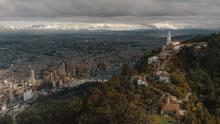Discover the history and culture of Bogotá. Explore its heritage!
Discover the history and culture of Bogotá. Explore its heritage!
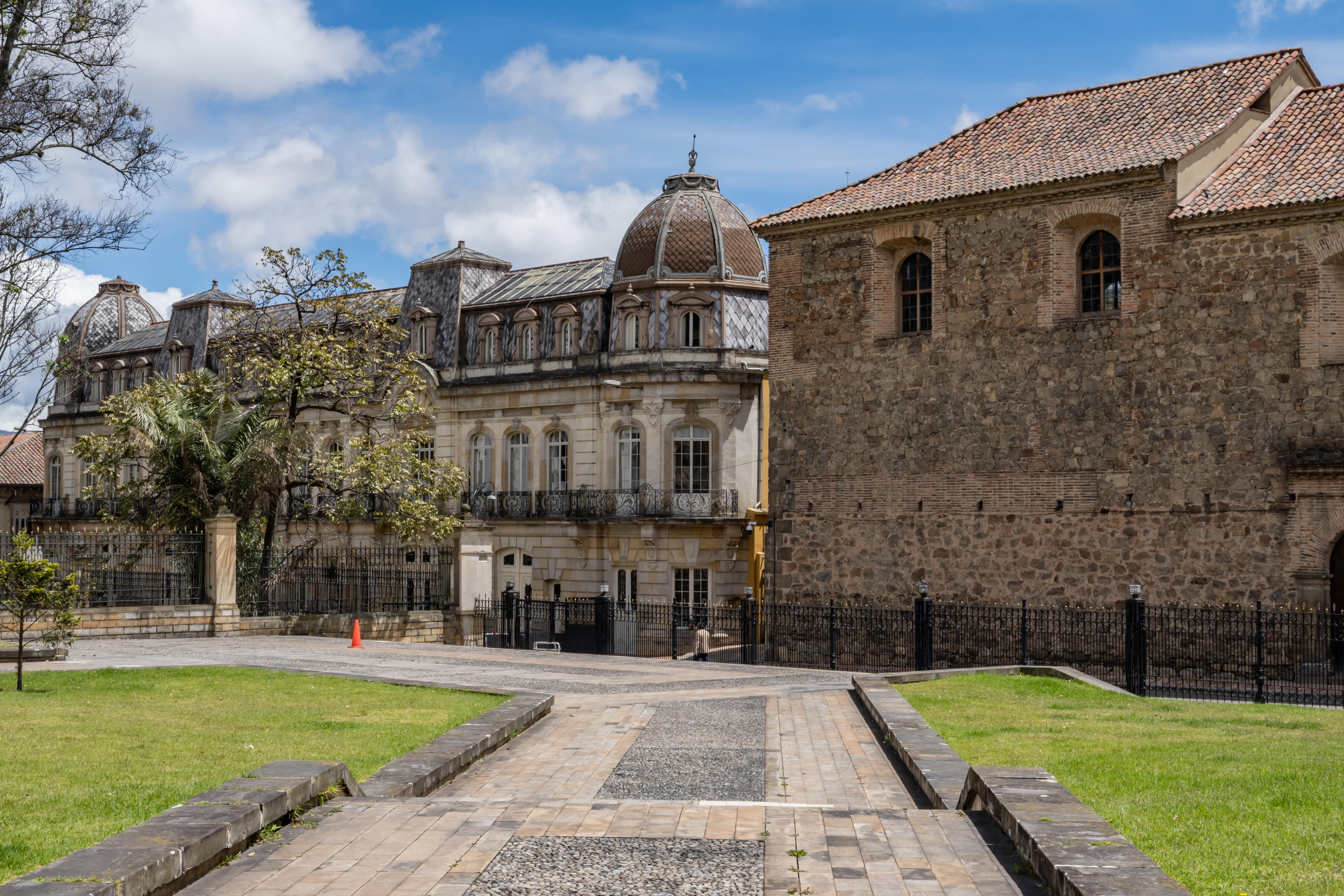
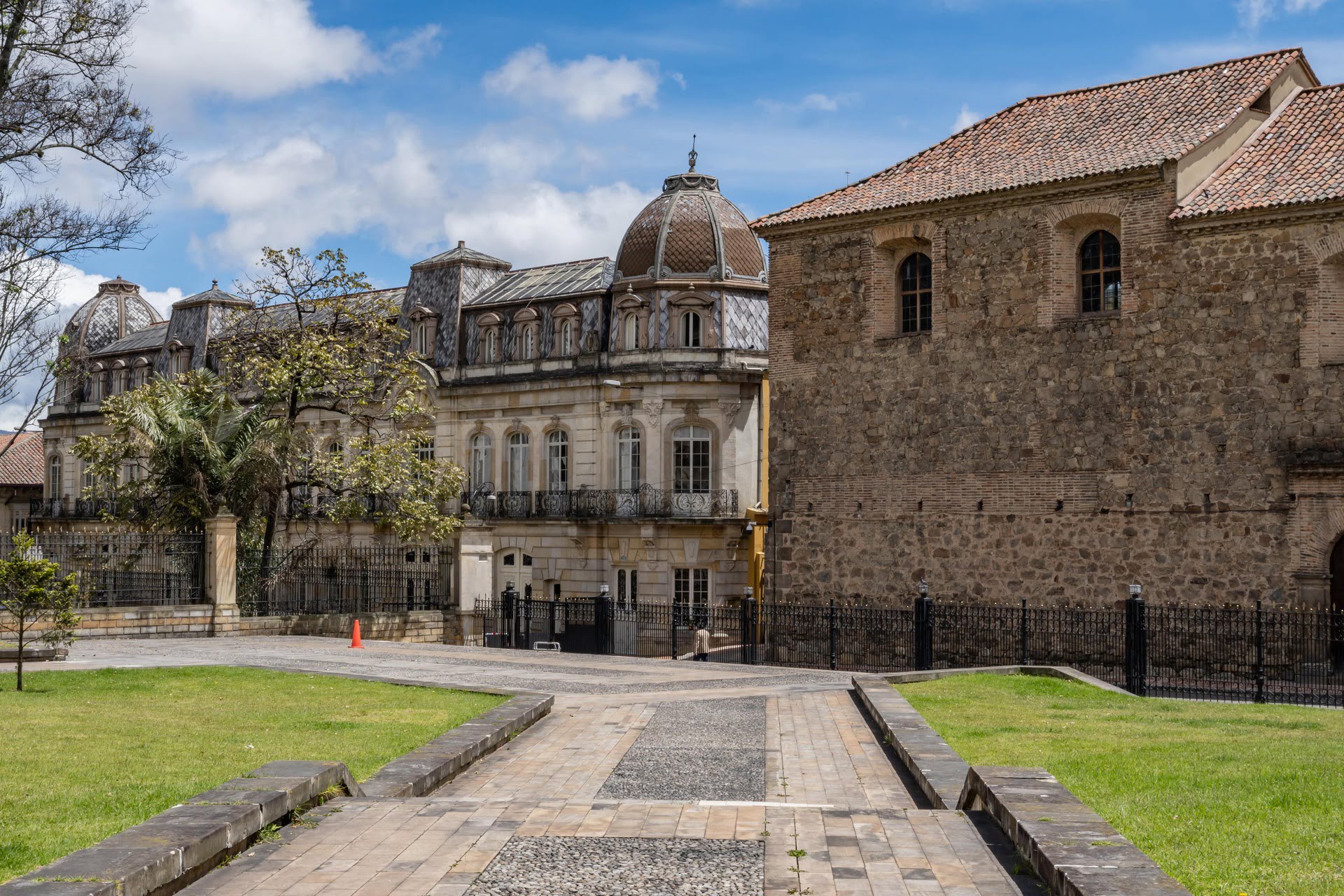
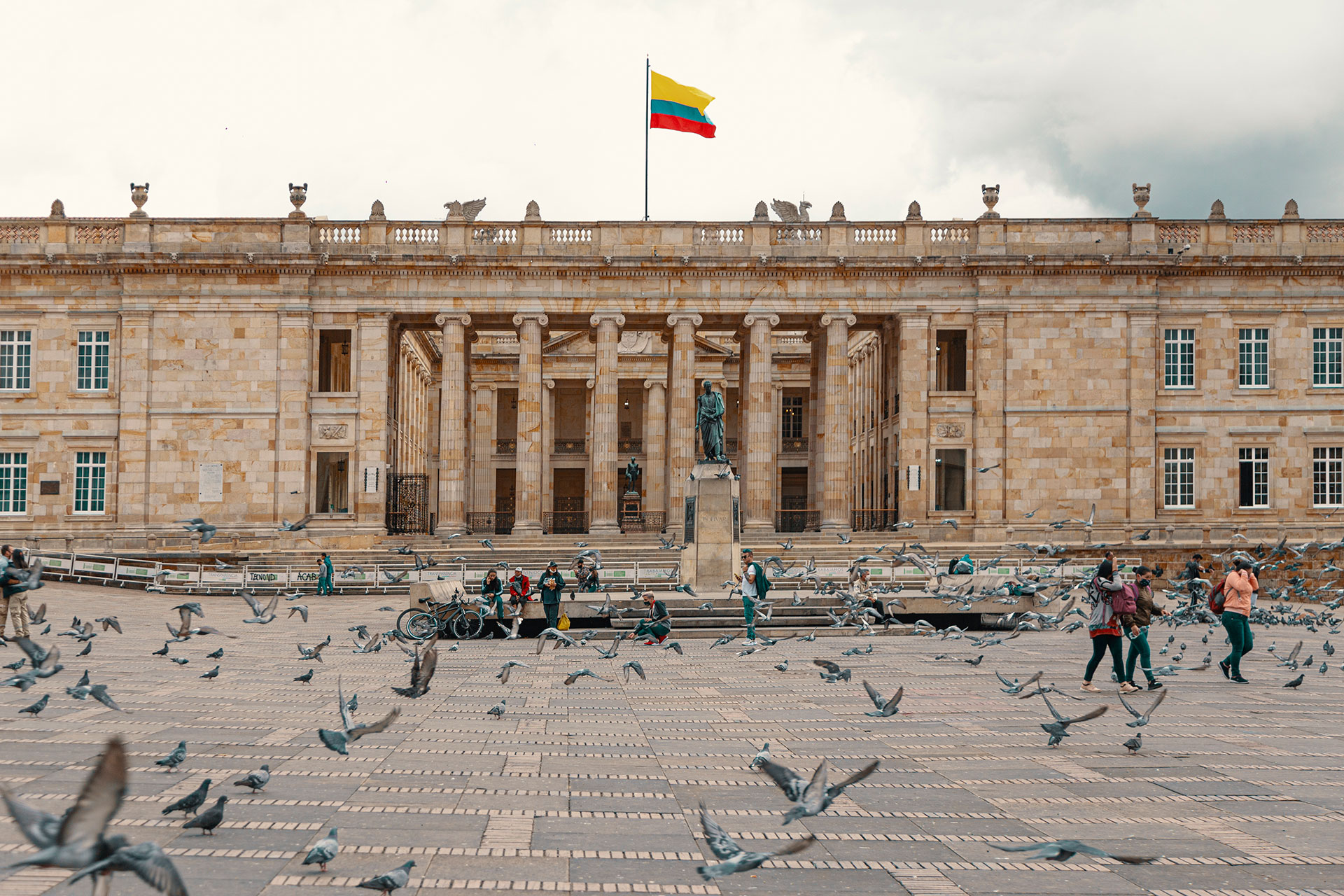
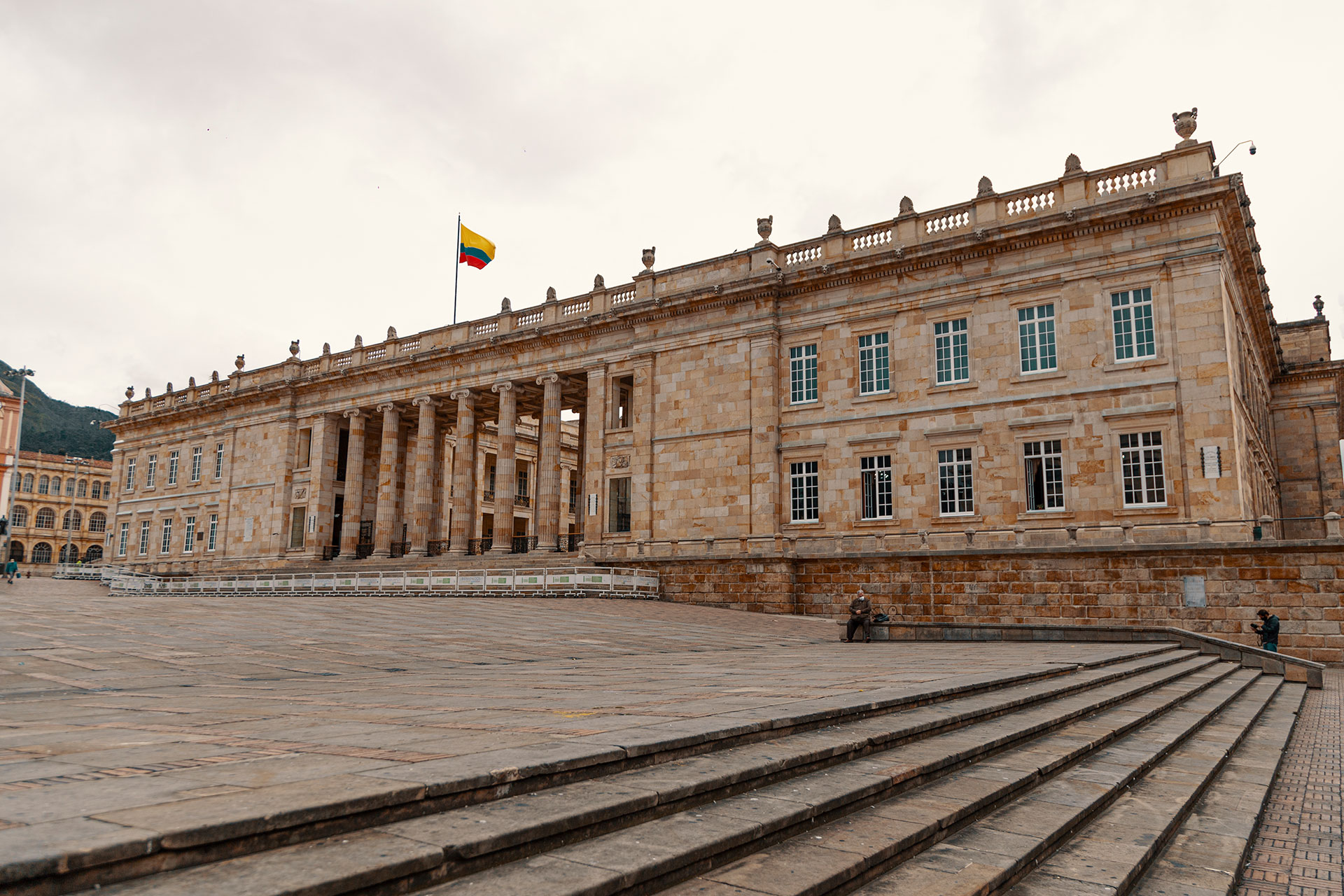
Bogotazo Tour: The must-see to relive history
Discover some of the representative places associated with this event that marked Colombia's history in a guided tour through downtown Bogotá. Under the slogan "No repetition," we will share stories of other events that are part of the historical memory. The activity is led by journalists from the Rutas del Conflicto website and specialized guides from Mil Estaciones.
Includes:
- Acompañamiento de guías, póliza de asistencia, registro fotográfico, souvenir.
Not included:
Foundational Square of Fontibón
During pre-Columbian and colonial times, Fontibón was a strategic territory of passage and communication for the Muisca population. From the 16th century, it served as a transit point for Spaniards, facilitating the movement of mule trains, as well as the transportation of goods and travelers between Santa Fe de Bogotá and the Magdalena River.
Foundational Square of Usme
The Foundational Square of Usme, situated in the heart of this historic district of Bogotá, has been a witness to urban and social transformations since the Spanish colonization. Originally established as a gathering and commerce point, the square preserves its colonial style with a central fountain surrounded by green areas, stone benches, and buildings that blend the old and the modern. This space reflects the origins of Usme and serves as a living testament to its evolution over the centuries.
Foundational square of Engativá
The Foundational Square of Engativá is a historically and culturally significant site in Bogotá. Originally, this area was a Muisca settlement and served as a strategic location for Spanish colonizers who aimed to divide and marginalize the indigenous people of the Bogotá savannah. Founded by the Spaniards in 1537, the square functioned as a meeting and trading point between the local inhabitants and the colonizers. The territory was abundant in natural water sources, including streams, creeks, lagoons, and the Bogotá River, where residents would fish and swim.
Foundational square of Suba
The Foundational Square of Suba, located in the heart of this locality in Bogotá, is a place rich in history and charm. It was officially established under Spanish Crown rule in 1550 and has witnessed centuries of transformation since then. Also known as the Main Square, it lies between Carrera 90 and 91, and Calle 146C Bis and 147, serving as a gathering point for residents and visitors eager to experience local history and culture.
Sugamuxi Valley, Boyacá's charm
Includes:
- Accommodation for 5 nights.
- All ground transportation.
- 5 breakfasts.
- Tour guide.
- Medical assistance insurance.
- 6 days and 5 nights.
We will visit:
- Pueblito Boyacense with a circuit tour of the Tota Lagoon, a tour of Corrales, Monguí, Nobsa and Tibasosa, and the Guatika Zoo.
Observations:
- 5 people (minimum group size).
- Departure from Bogotá.
Spa, nature and culture in Bogotá
Includes:
- Accommodation for 5 nights.
- All ground transportation.
- 5 breakfasts + 2 lunches + 1 dinner.
- Tour guide.
- Medical assistance insurance.
- 6 days + 5 nights.
We will visit:
"Bogotá, your home" welcomes and embraces travelers from all over the world.
A woman's voice, representing Bogotá, invites travelers from around the world to discover our city's wonders and heritage. "I am Bogotá, I am your dazzling adventure. I am the daughter of the Andes, the eastern hills. I am a haven of wetlands and dense forests," which can be heard in the story of the promotional video "Bogota, your home": the new city brand campaign in which the Colombian capital advances in its consolidation as a world-class tourist destination.
Environmental Axis
Bogota's Environmental Axis has a history that dates back to pre-Columbian times, when the Muisca Indians inhabited the region. The San Francisco and Fucha rivers, which today form part of the Eje, were considered sacred by the Muiscas, who called them “Siecha” and “Sutagaos” respectively, and considered them sources of life and fertility. During colonial times, these rivers were used to supply water to the city of Bogotá. Today, the Eje Ambiental has become an important public space and green corridor in downtown Bogotá.
San Carlos Palace
Located in the heart of the Colombian capital, the San Carlos Palace is an architectural treasure that combines colonial elegance with the grandeur of its history. Built in the sixteenth century, this palace has witnessed important historical events and has hosted prominent figures of Colombian politics and culture.


